High-Level Policy Session 9: Inclusiveness, Access to Information and Knowledge for All/WSIS Action Lines and 2030 Agenda/Bridging Digital Divide
WSIS
Session 466
Inclusiveness, Access to Information and Knowledge for All
The ability for all to access and contribute information, ideas and knowledge is essential in an inclusive Information Society.
The sharing and strengthening of global knowledge for development can be enhanced by removing barriers to equitable access to information for economic, social, political, health, cultural, educational, and scientific activities and by facilitating access to public domain information, including by universal design and the use of assistive technologies.
A rich public domain is an essential element for the growth of the Information Society, creating multiple benefits such as an educated public, new jobs, innovation, business opportunities, and the advancement of sciences. Information in the public domain should be easily accessible to support the Information Society, and protected from misappropriation. Public institutions such as libraries and archives, museums, cultural collections and other community-based access points should be strengthened so as to promote the preservation of documentary records and free and equitable access to information.
Geneva Declaration of Principles, https://www.itu.int/net/wsis/docs/geneva/official/dop.html
WSIS Action Lines and 2030 Agenda
The World Summit on the Information Society (WSIS) was a ground-breaking Summit, held in recognition of the vast, sweeping changes digital technologies would wreak on our society, economy and way of life. The Summit brought together many different players in recognition of a multi-stakeholder model for the Internet and information society.
Since the adoption of the Sustainable Development Goals (SDGs) the WSIS Process has been aligned with the 2030 Agenda for Sustainable Development. The effective implementation of the WSIS Action Lines can help accelerate the achievement of the SDGs. To that end, the WSIS-SDG Matrix , developed by the UN Action line Facilitators, clearly shows the linkage between each Action line and the 17 SDGs and provides rationale for each. Since 2015, the agenda and outcomes of the annual WSIS Forum show clear linkages between the WSIS Action
Lines and SDGs.
The 2030 Agenda acknowledges that “the spread of information and communication technology and global interconnectedness has great potential to accelerate human progress, to bridge the digital divide and to develop knowledge societies, as does scientific and technological innovation across areas as diverse as medicine and energy”. Bridging the digital gap and connecting the unconnected remain a serious challenge.
Bridging Digital Divide
Globally, over 1 billion new Internet users have been added over the last five years. Yet under half the world's people (3.7 billion) do not use the Internet. Many of them live in least developed countries (LDCs), landlocked developing countries (LLDCs), and small island developing states (SIDS).
According to the latest ITU data, 87% of people are using the Internet in developed countries, compared with 44% in developing countries. While virtually all urban areas in the world are covered by a mobile-broadband network, worrying gaps in connectivity and Internet access persist in rural areas. Globally, 72% of households in urban areas has access to the Internet at home, almost twice as much as in rural areas (38%).
Connectivity gaps in rural areas are especially serious in LDCs, where 17% of the rural population live in areas with no mobile coverage at all, and 19% of the rural population is covered by only a 2G network.
The COVID-19 pandemic has exacerbated existing digital divides between and within countries related to age, disability, gender, geography and socioeconomic status. With many essential services pushed online, there is a real and present danger that those without broadband Internet access could be left ever further behind.
For many people in the developing world, especially in LDCs, mobile telephony and Internet access remain unaffordable. The cost of broadband Internet access remains above the affordability target set by the Broadband Commission for Sustainable Development – namely, 2% of monthly gross national income (GNI) per capita for a number of LDCs.
According to ITU's latest data, in 84 or nearly half of the analysed set of countries, the cost of the data-only mobile-broadband remains above the 2% target, while fixed broadband access is unaffordable in 111 countries (56%).
This means that children and young people from the poorest households, rural and lower income states are falling even further behind their peers in terms of digital inclusion and are left with fewer opportunities to catch up, facing disproportionate exposure to poverty and unemployment.
Assessing investment requirements to bring about affordable universal connectivity is important to achieve the Sustainable Development Goals (SDGs). In some regions, bridging the connectivity gap means mainly upgrading existing coverage and capacity sites. However, in Sub-Saharan Africa, South Asia, and East Asia/Pacific, nearly half of the necessary radio access network (RAN) infrastructure investments will be greenfield. [1]https://www.itu.int/en/mediacentre/backgrounders/Pages/digital-inclusion-of-all.aspx
We are also fully aware that the benefits of the information technology revolution are today unevenly distributed between the developed and developing countries and within societies. We are fully committed to turning this digital divide into a digital opportunity for all, particularly for those who risk being left behind and being further marginalized. https://www.itu.int/net/wsis/docs/geneva/official/dop.html
First Phase of the WSIS (10-12 December 2003, Geneva) Geneva Declaration of Principles
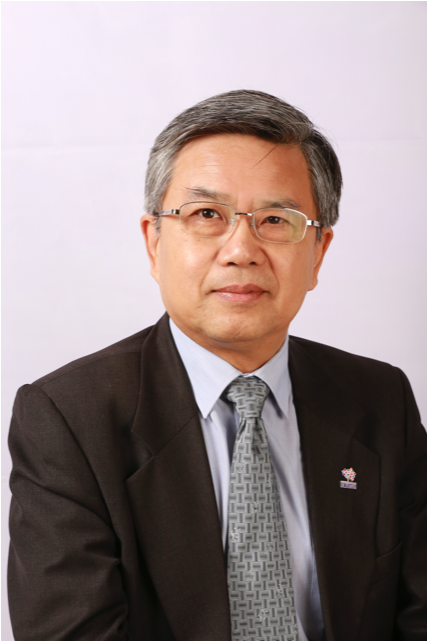
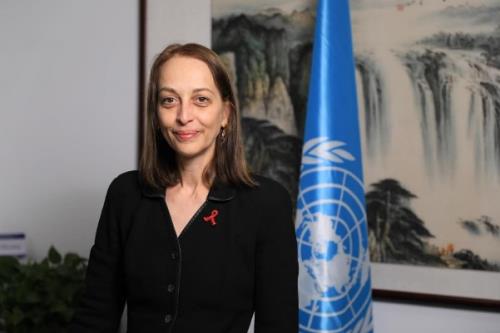
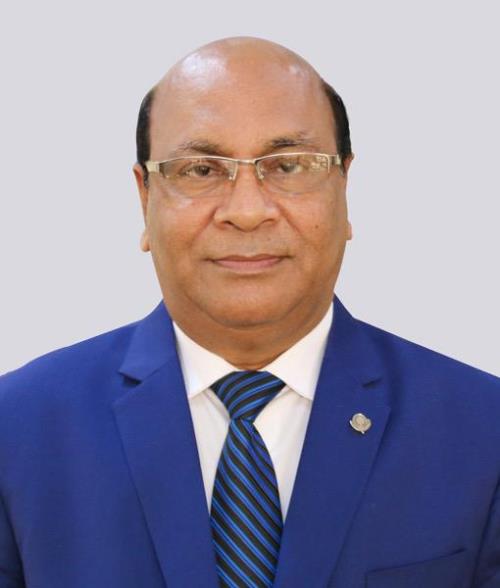
As the Chairman, Mr. Shyam Sunder Sikder joined BTRC on 14th December 2020. He holds his Masters in Statistics from the University of Chittagong in 1981 and MBA from Northern University in 2008.
He started his career with teaching. In 1984, his professional career began at Bangladesh Bank, where he joined as an officer. Later he was appointed to the Bangladesh Civil Service in 1986. He holds a wide range of government positions in administering different ministries, divisions and departments during his career span. He was the Secretary of the ICT Division in 2014. Later in 2017, he took charge of the Secretary of Posts and Telecommunications Division, Ministry of Posts, Telecommunications and Information Technology. He retired from the Posts and Telecommunications Division as Senior Secretary in January 2019.
During his professional life span, the most remarkable achievement was the project implementation of the launching of Bangabandhu Satellite1. Apart from this, he was deeply involved in the mammoth activities of ICT and Telecommunication policymaking, infrastructure development (i.e. establishment of 30,000 digital classrooms and 6500 Sheikh Rasel digital Lab in educational institutions, fiber optic connectivity of 492 Upazila Parishad and 4554 Union Parishad, IV Tier Data Centre, and SEA-ME-WE 5 Submarine Cable Connectivity, 28 Hi-tech & Software Technology Park in the different part of the country, IT training institute in 7 Divisional Headquarter), new technology introduction, 4G implementation, etc.
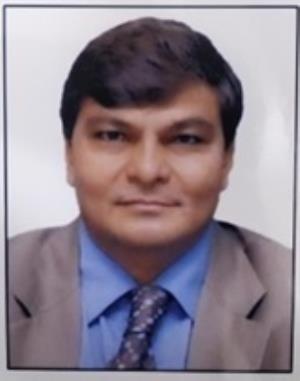
Dr. P.D. Vaghela joined as Chairman, Telecom Regulatory Authority of India (TRAI) on 1st October, 2020. Prior to joining TRAI, Dr.Vaghela was Secretary, Department of Pharmaceuticals, Ministry of Chemicals & Fertilizers. Dr.Vaghela had graduated in Commerce in the year 1982. He did his M.B.A (Master of Business Administration) with specialization in Financial Management in 1984 and also obtained M.A in Development Studies (Public Policy & Management) from the Institute of Social Studies, the Hague in the Netherlands in the year 2005. He was decorated with a Doctorate in the year 2013 in Public Management and Policy by Sardar Patel University, Anand, Gujarat.
He joined Indian Administrative Service [IAS] in 1986. He has held various assignments starting from District level to State level, during which he had won a number of awards for excellence as best Collector & District Magistrate 86 District Development Officer. In his assignment as Chairman, Kandla Port (2008-2013), the port was awarded as the best port for five years of his tenure. He worked as Chief Commissioner of Sales Tax, in Gujarat, during which period he has played a major role in drafting GST law, its rules and fixing GST rates of goods and services as Convener of national level GST Law and GST Fitment Committees. He was closely involved in the GST implementation at national level as a key member of GST Implementation Committee.
As Secretary Pharmaceuticals, he has launched four ambitious schemes to transform the sector. He also worked as Convenor of Empowered Group 3 (now EG2) which handled availability of critical medical supplies like PPE, N-95, Ventilators and testing kits. Today India is exporting these items for which India was otherwise dependent on imports during pre-covid time. In May, 2018 Dr. Vaghela was honoured by Hon'ble Prime Minister of India for excellence in Public Administration while appreciating his contribution in implementation of GST in India.
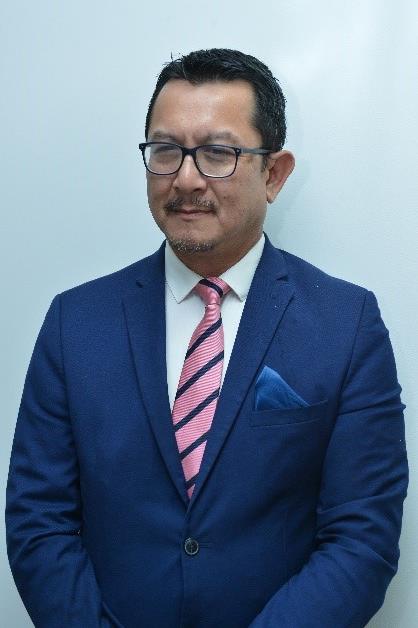
Mr Dick Christophe NG SUI WA was appointed Chairperson of the Information and Technologies Authority (ICT Authority) in February 2020. He has been a practising barrister since 1991, is partner in the legal firm De Castelnau-Sui Wa and has extensive experience as a legal adviser and advocate. He holds an LLB Honours from the University of London, United Kingdom; was called to the Bar at the Honourable Society of the Inner Temple, United Kingdom after succeeding in the Bar Professional Qualification of the Council of Legal Education. He also obtained a Diploma from the United Nations Research Institute, Geneva and a Certificate in Good Governance from the Commonwealth Association for Corporate Governance.
Mr Ng Sui Wa’s career has occupied high-level positions in State institutions. From May 2018 to October 2019, Mr Ng Sui Wa has been serving as Commissioner of the newly constituted Independent Police Complaints Commission as appointed by the President of the Republic of Mauritius. Prior to that he has also been the legal adviser ad hoc basis to The Mauritius Police Federation (2001 to 2010).
Mr Ng Sui Wa is also member of the Inner Temple Barristers’ Society, United Kingdom; member of the International Bar Association Worldwide; member of the Hague Academy of International Law, Netherlands. He has also been an office bearer in a number of organisations having served as Former General Secretary of the Chinese Business Chamber; Treasurer of the Mauritius Bar Council and been an executive committee member of the Mauritius Gymkhana Club.
Under his Chairmanship, he believes that ICT regulation can be a nexus for sector transformation, His vision is to promote Mauritius as a strategic leader for ICT regulation in Africa.
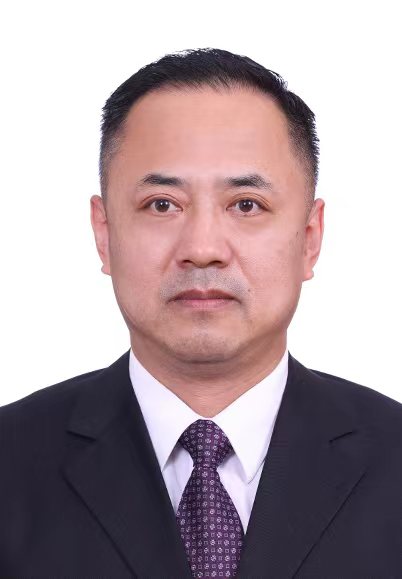
Occupation and Position
Dr. XIE Cun serves as the Director General of Department of ICT Development in Ministry of Industry and Information Technology (MIIT), P.R.China.
He has been engaged in the development of high speed fixed and mobile broadband network in China, as well as the Universal Service of Telecommunications. He is also dedicated to the formulation of the strategy and policies of ICT in China.
Dr. XIE once served as the Deputy Director General of Radio Regulation Bureau in MIIT, P.R.China, and was responsible for the spectrum management and radio regulations domestically.
Work on ITU related activities
Dr. XIE continuously participates in the activities of ITU,with rich experience and qualifications. He was once deeply involved in the activities of WRC-15, WRC-19 and WRC-23, and serves as the Vice Chair of Coordination Committee for Vocabulary (CCV) of ITU-R for two study periods (2016-present). He also makes contributions to CoE centers of ITU in China for global ICT capacity building. He is also familiar with the rules of ITU-T and ITU-D.
Education Background:
Dr. XIE received his Ph.D degree from Dalian University of Technology in 2001, majoring in optical engineering. He also has the experience of studying in Saitama University of Japan.
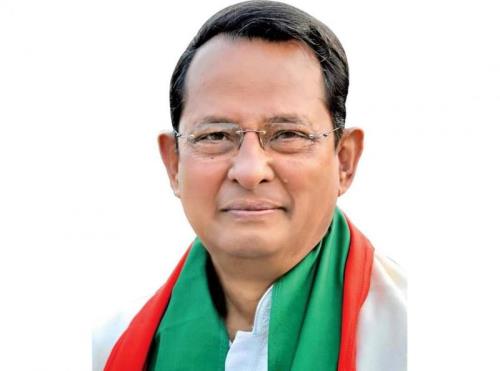
B. Sc. in Chemical Engineering, Bangladesh University of Engineering and Technology-BUET, 1970.
Former Minister:
Ministry of Information and Broadcasting, People’s Republic of Bangladesh
Chairman, All-Party Parliamentary Group on Food, Agriculture and Rural Development. Co-Chairperson, All-Party Parliamentary Caucus on Indigenous People. Rising voice for voiceless workers, peasants, women and Indigenous People in the Parliament.
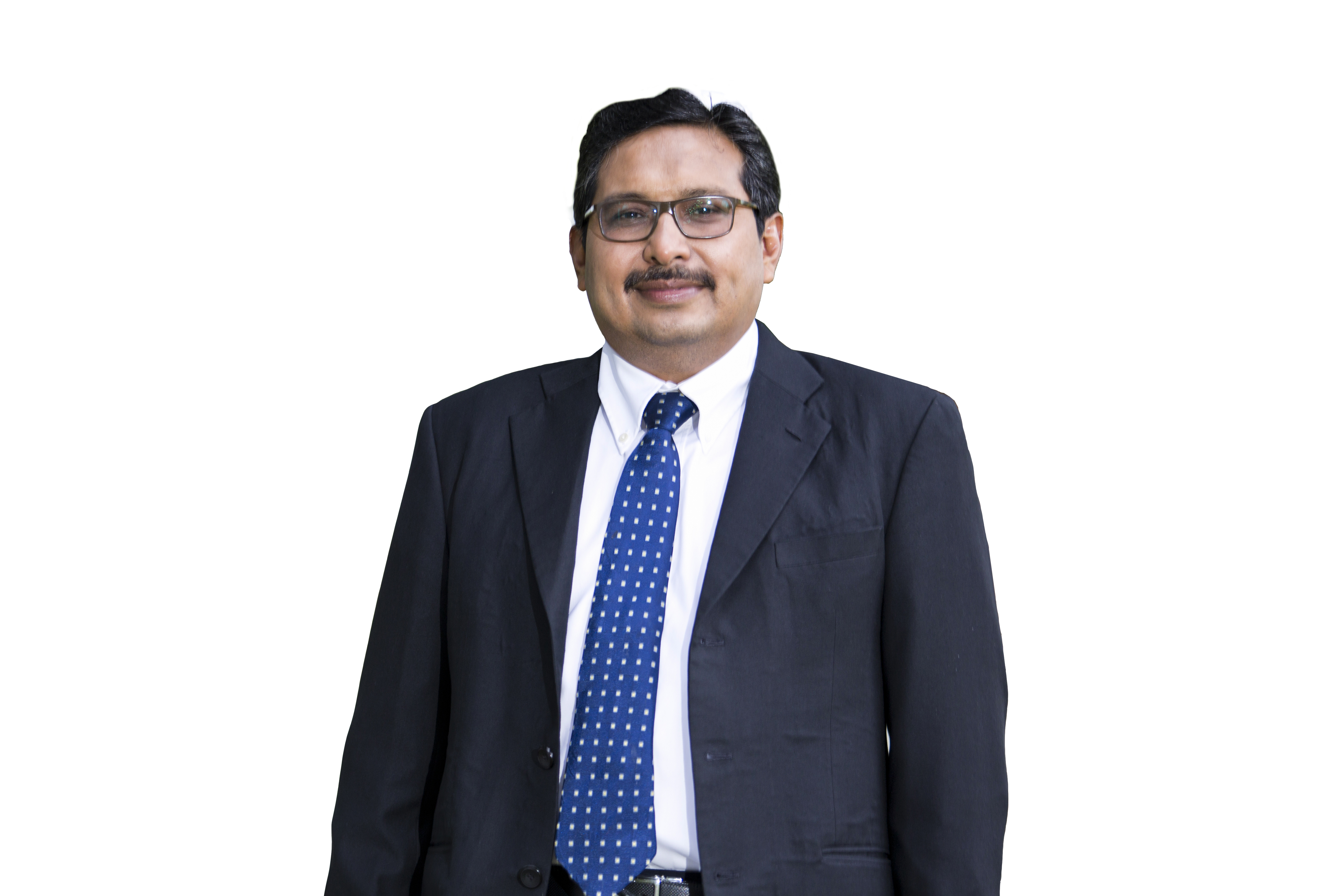
Dr. Ismail has been assigned as Director General of Resource Management and Equipment of Post and Informatics, Ministry of Communication and Informatics since 2016. The directorate-general is responsible for ICT infrastructure development and ICT equipment standardization in Indonesia. With 28 years of working experience as a government official, Dr. Ismail is dedicated to achieving effective, efficient, dynamic, and optimum spectrum management as well as encouraging the use of innovative technology that meets technical requirements while leading approximately 2,200 civil officials nationwide.
Currently, he is actively involved in how the government could drive the ICT ecosystem thus Indonesia could harness the full potential through digital transformation, digital economy, and industry 4.0. Prior to his current role, he was one of the initiators of Palapa Ring, a pivotal project to connect all provinces and municipal districts with a high-capacity national backbone.
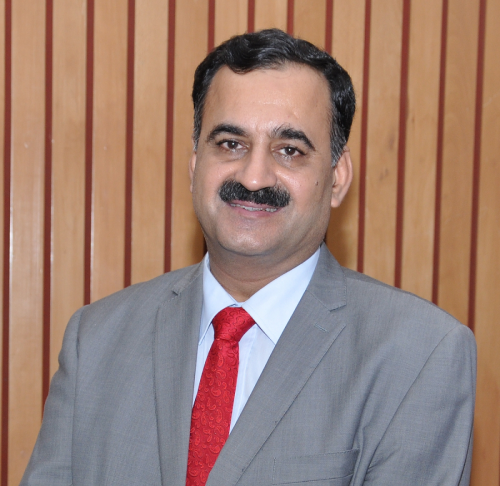
While a practicing Advocate, Supreme Court of India, Dr. Pavan Duggal has made an immense impact with an international reputation as an Expert and Authority on Cyber Law, Cyber Security Law, Artificial Intelligence Law & E-commerce law.
Dr. Duggal has been acknowledged as one of the top 4 Cyber Lawyers around the world.
WDD [World Domain Day] recognizes him as one of the top 10 Cyber Lawyers around the world.
Dr. Pavan Duggal, is the Founder & Chairman of International Commission on Cyber Security Law. He is also the President of Cyberlaws.Net and has been working in the pioneering area of Cyber Law, Cyber Security Law & Mobile Law.
Pavan is also heading the Artificial Intelligence Law Hub and Blockchain Law Epicentre. He is the Founder-cum-Honorary Chancellor of Cyberlaw University.
Dr. Pavan Duggal is the Chief Evangelist of Metaverse Law Nucleus, Conference Director of International Conference On Metaverse And Law – Opportunities & Challenges and is also the Conference Director of the International Conference on Cyberlaw, Cybercrime & Cybersecurity, being world's only authoritative Conference on Cyberlaw, Cybercrime & Cybersecurity. In addition, Dr. Duggal has also conducted various Round Tables on Cyberlaw, Cybercrime & Cybersecurity over the last couple of years. He has also organized various Thematic Workshops at the previously held ITU WSIS Forums.
His empanelment as a consultant to UNCTAD and UNESCAP on Cyber Law and Cyber Crime respectively, membership of the AFACT Legal Working Group of the UN / CEFAT, consulting as an expert with the Council Of Europe on Cyber Crime, inclusion in the Board of Experts of European Commission’s Dr. E-commerce and his work as an expert authority on a Cyber Law primer for E-ASEAN Task Force and as a reviewer for Asian Development Bank speaks volumes of his worldwide acceptance as an authority. Pavan is the President of Cyberlaw Asia, Asia’s pioneering organization committed to the passing of dynamic cyber laws in the Asian continent. Dr Duggal is also a member of the WIPO Arbitration and Mediation Center Panel of Neutrals.

Mr Ernest Mafuta is the current chair of Affordable Internet Access SIG championing affordability of internet Access solutions and connectivity worldwide. Previously he served as Head Technical Development commission for the internet society Youth Special Interest Group representing a diverse coalition of youth voices in Internet Governance and ICT Policy around the world.
Mr Mafuta is a Strategic ICT Leader with more than 9 years’ experience in Standardization,Telecommunications Regulation, Broadband internet access, Digital Inclusion and quality of service. He possesses extensive training and experience in equipment conformity assessments, Homologation of ICT Products in over 180 countries globally with E-Telecom Consultancy, the company he established in 2013 in his home country Zambia.
On an international level, he is a global member of the Internet Society, Universal Acceptance Steering Group on Technology (UASG) as well as an active participant in the International Telecommunication Union, ITU-T Focus Group on Testbeds Federations for IMT-2020 and beyond. He is also an avid technical volunteer for the United Nations' Internet Governance Forum (IGF), Under the United Nations Department of Economic and Social Affairs (UNDESA).
At the national level he is an expert member of the Zambia ICT Regulatory Authority’s Quality of Service and Quality of Experience Standardization Committee (Technical Committee 3) which is responsible for reviewing and adopting standards of telecommunication systems in Zambia. Ernest has a professional and academic background in Telecommunication and information technology, Future Broadband Internet Access, strategic aspect of Internet Governance and Innovation, and public management and governance.
-
 C1. The role of governments and all stakeholders in the promotion of ICTs for development
C1. The role of governments and all stakeholders in the promotion of ICTs for development
-
 C2. Information and communication infrastructure
C2. Information and communication infrastructure
-
 C3. Access to information and knowledge
C3. Access to information and knowledge
-
 C4. Capacity building
C4. Capacity building
-
 C5. Building confidence and security in use of ICTs
C5. Building confidence and security in use of ICTs
-
 C6. Enabling environment
C6. Enabling environment
-
 C7. ICT applications: benefits in all aspects of life — E-government
C7. ICT applications: benefits in all aspects of life — E-government
-
 C7. ICT applications: benefits in all aspects of life — E-business
C7. ICT applications: benefits in all aspects of life — E-business
-
 C7. ICT applications: benefits in all aspects of life — E-learning
C7. ICT applications: benefits in all aspects of life — E-learning
-
 C7. ICT applications: benefits in all aspects of life — E-health
C7. ICT applications: benefits in all aspects of life — E-health
-
 C7. ICT applications: benefits in all aspects of life — E-employment
C7. ICT applications: benefits in all aspects of life — E-employment
-
 C7. ICT applications: benefits in all aspects of life — E-environment
C7. ICT applications: benefits in all aspects of life — E-environment
-
 C7. ICT applications: benefits in all aspects of life — E-agriculture
C7. ICT applications: benefits in all aspects of life — E-agriculture
-
 C7. ICT applications: benefits in all aspects of life — E-science
C7. ICT applications: benefits in all aspects of life — E-science
-
 C8. Cultural diversity and identity, linguistic diversity and local content
C8. Cultural diversity and identity, linguistic diversity and local content
-
 C9. Media
C9. Media
-
 C10. Ethical dimensions of the Information Society
C10. Ethical dimensions of the Information Society
-
 C11. International and regional cooperation
C11. International and regional cooperation
-
 Goal 1: End poverty in all its forms everywhere
Goal 1: End poverty in all its forms everywhere
-
 Goal 2: End hunger, achieve food security and improved nutrition and promote sustainable agriculture
Goal 2: End hunger, achieve food security and improved nutrition and promote sustainable agriculture
-
 Goal 3: Ensure healthy lives and promote well-being for all
Goal 3: Ensure healthy lives and promote well-being for all
-
 Goal 4: Ensure inclusive and equitable quality education and promote lifelong learning opportunities for all
Goal 4: Ensure inclusive and equitable quality education and promote lifelong learning opportunities for all
-
 Goal 5: Achieve gender equality and empower all women and girls
Goal 5: Achieve gender equality and empower all women and girls
-
 Goal 6: Ensure access to water and sanitation for all
Goal 6: Ensure access to water and sanitation for all
-
 Goal 7: Ensure access to affordable, reliable, sustainable and modern energy for all
Goal 7: Ensure access to affordable, reliable, sustainable and modern energy for all
-
 Goal 8: Promote inclusive and sustainable economic growth, employment and decent work for all
Goal 8: Promote inclusive and sustainable economic growth, employment and decent work for all
-
 Goal 9: Build resilient infrastructure, promote sustainable industrialization and foster innovation
Goal 9: Build resilient infrastructure, promote sustainable industrialization and foster innovation
-
 Goal 10: Reduce inequality within and among countries
Goal 10: Reduce inequality within and among countries
-
 Goal 11: Make cities inclusive, safe, resilient and sustainable
Goal 11: Make cities inclusive, safe, resilient and sustainable
-
 Goal 12: Ensure sustainable consumption and production patterns
Goal 12: Ensure sustainable consumption and production patterns
-
 Goal 13: Take urgent action to combat climate change and its impacts
Goal 13: Take urgent action to combat climate change and its impacts
-
 Goal 14: Conserve and sustainably use the oceans, seas and marine resources
Goal 14: Conserve and sustainably use the oceans, seas and marine resources
-
 Goal 15: Sustainably manage forests, combat desertification, halt and reverse land degradation, halt biodiversity loss
Goal 15: Sustainably manage forests, combat desertification, halt and reverse land degradation, halt biodiversity loss
-
 Goal 16: Promote just, peaceful and inclusive societies
Goal 16: Promote just, peaceful and inclusive societies
-
 Goal 17: Revitalize the global partnership for sustainable development
Goal 17: Revitalize the global partnership for sustainable development